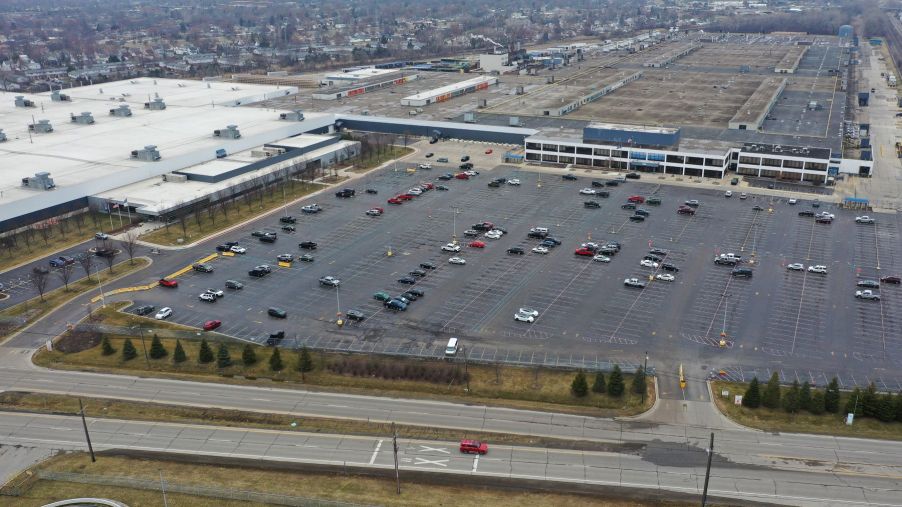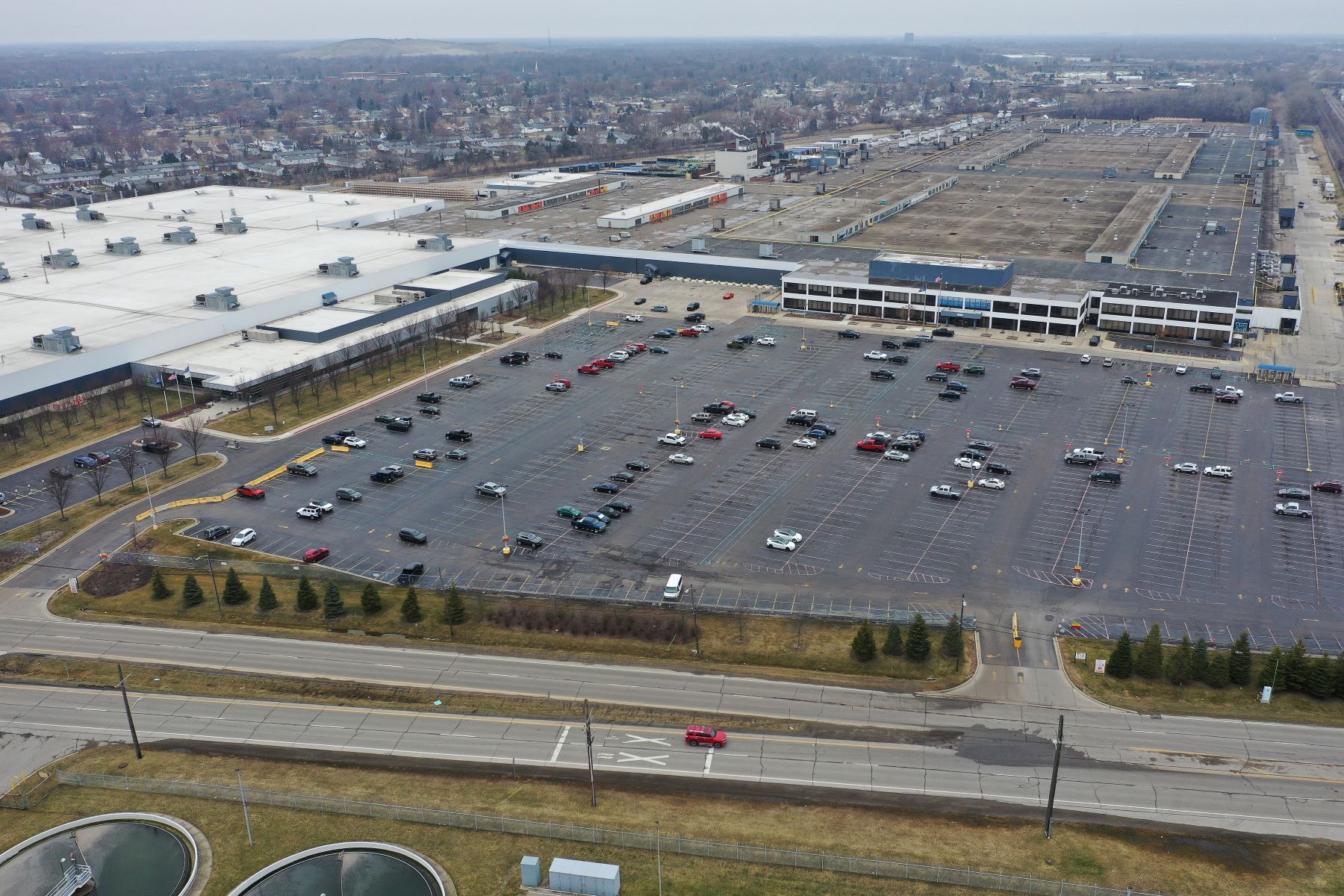
Ford Gas Leak Sparked Evacuation of 1,000 Homes and a State of Emergency
Ford has been in the car-making game for well over a century, and the manufacturer has seen its share of mishaps and challenges over the years. One of the latest challenges all automakers are facing is the continued semiconductor chip shortage, which has rocked Ford’s sales in the past several months. More recently, however, the company found itself in a PR nightmare when it had to tell thousands of people to evacuate their homes.
The chip shortage continues to hurt Ford and other automakers

Because of the coronavirus (COVID-19) pandemic, many factories shut down for months, putting a halt on many products worldwide. When it comes to semiconductor chips, factories that were shut down have not yet rebound and keep up with demand. These chips are critical for various electronic components, so there are shortages of other electronic goods, such as PlayStation 5 consoles.
According to CNBC, the semiconductor chip shortage led to a devastating 33% dip in Ford’s sales in August 2021, which was its worst sales month since June 2020. Interestingly, August is usually one of the highest months for car purchases. However, the semiconductor chip shortage has substantially raised the price of cars everywhere, making previously affordable models out of reach for most individuals and families.
Compared to August 2020, Ford’s car sales plummeted by 87%, while SUVs and trucks only suffered 25% and 30% losses, respectively. Unfortunately for Ford, the lagging sales figures and chip shortage woes weren’t the only problems they faced last month.
The Ford Flat Rock gas leak incident
According to The Detroit News, Ford had to stop production at its Flat Rock Assembly Plant due to a gas leak that fed into the city’s sewage system. The leak was found on August 30th, and it was declared a state of emergency the week after. Over 1,000 homes in the area had to be evacuated. That’s not exactly helpful for the company’s reputation.
The problem was tied to a leaking fuel tank that has since been fixed, but the company continued to monitor air quality to ensure that it was safe for families to return. A Ford official stated, “We want to be sure all external resources remain focused on returning Flat Rock community residents to their homes as quickly as possible. At the same time, we are upgrading our facility to help ensure this does not happen again.”
Production at the Flat Rock plant won’t be able to resume fully until these changes are made. While the evacuation was occurring, Ford halted the production of the Ford Mustang at the plant, which could impact the model’s sales figures.
The company’s CEO still maintains a positive outlook for the company
Despite the barrage of bad news for Ford, the CEO of Ford, Jim Farley, believes there are good things in store for the company in the coming months. In an interview with The Drive, Farley stated, “First of all, the chip situation is getting better. It’s very opaque, because if you read the announcements about this production going down, or this plant being idle for two weeks, it’s hard to see. But for sure, our wholesale is improving for this quarter vs. second quarter.”
The semiconductor production in Taiwan has been significantly ramped up in recent months, but Farley says, “It’s [still] not nearly what we need.
He also added that the company has begun stockpiling supplies to anticipate potential shortages on other supplies, such as cameras, software, and 5G modules. Hopefully, this means that car, truck, and SUV prices will begin to fall soon.


